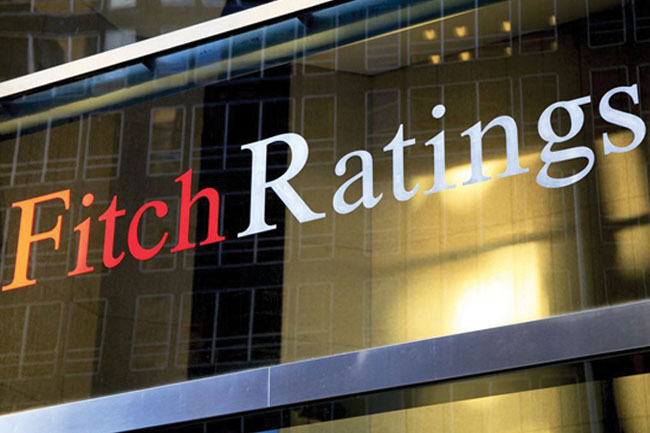The Sri Lankan government’s proposal for treatment of domestic debt marks a significant step towards resolving uncertainties around the impact of the sovereign’s debt restructuring on the local banking sector, but complications may arise from a number of factors, says Fitch Ratings.
The proposal excludes banks’ holdings of Sri Lankan rupee-denominated treasury securities, which will alleviate some of the pressure on their already stressed capital positions from weakening loan quality and the rupee’s depreciation.
Fitch’s base case did not expect treasury bills held by banks to be subject to restructuring, but assumed banks’ treasury-bond holdings would be. Bank holdings of Sri Lanka Development Bonds (SLDBs), which are foreign-currency denominated but governed by local law, will be affected, as we had anticipated, and we still expect an impact on international sovereign bonds (ISBs) as well.
However, these together account for only about 5.5% of banks’ combined assets, a much smaller share than treasury securities (26.4% for Fitch-rated domestic banks). The proposal also includes a restructuring of foreign-currency bank loans to the government (less than 1% of combined assets for Fitch-rated banks), though without detailed plans.
The government has outlined three treatment options for SLDBs. We expect banks will generally opt for the choice involving conversion of such debt into local currency-denominated instruments; banks have so far opted to convert maturing SLDBs to rupee-denominated treasury bonds since the announcement of suspension of foreign debt servicing in April 2022.



